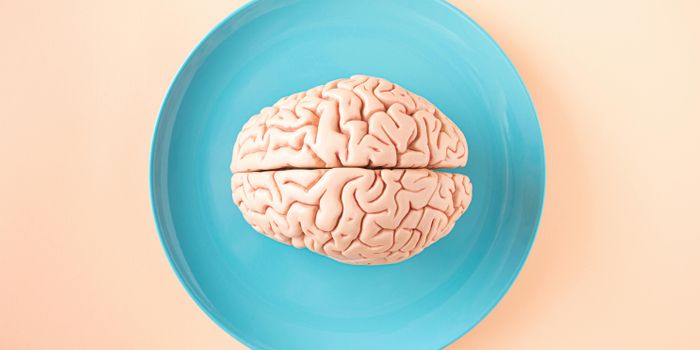Artificial Intelligence for Diagnosing and Typing Tumors
While most think of artificial intelligence (AI) as the stuff of sci-fi movies and futuristic novels, it actually has many medical applications. From brain computer interfaces for patients who have been paralyzed by injury or disease to machine learning for prosthetic limbs, AI is a game changer in the field of neuroscience.
One patient from Massachusetts recently found out how important it can be when he experienced a seizure while reading the morning paper at home. At the hospital, scans showed that Steven Hibbert, of Cape Cod, had a brain tumor. While it wasn’t good news, he did have the benefit of seeing Dr. Omar Arnaout at Brigham and Women’s Hospital in Boston. Dr. Arnaout is involved with AI on a project with colleagues that uses the technology to combine MRI images of tumors with biopsy results. That mix of images and data is fed into AI software and tumors can be identified and typed before surgery. Essentially, the AI environment has created a “virtual biopsy” of the brain.
While Hibbert underwent surgery for his tumor, which was removed successfully, waiting around for biopsy results while recovering from major surgery was stressful. That's why using AI for typing and identifying tumors is so crucial. Rather than having to wait, Hibbert might have been able to know what kind of tumor he had before surgery. Dr. Arnaout told Boston’s CBS News 4, “How good would it be if I knew ahead of time, before we did surgery, what it is — and even better if I knew what kind of mutations it had — so I can tell him and his family upfront ‘here is your diagnosis, here is your prognosis and then here is what we need to do about it.’ And some cases, not his but in some cases, that can lead to avoiding surgery completely if you have an inoperable brain tumor.” Hibbert’s results came back as a grade 3 anaplastic astrocytoma. The surgery went well for him, and he is optimistic about his treatement and his prognosis. He told CBS Boston, “I’m the kind of guy that thinks 20 to 25 years. At least, that I’m going to stick it out and stay with it. I have too much to do on this earth to not be here.”
While the human factor will always be a major part of treating disease, a recent study of AI and tumor diagnostics in China showed that an AI program called BioMind, was able to correctly diagnose 87 percent of 225 cases in just 15 minutes. The human side of the study was a team of fifteen experienced physicians and their accuracy rate was only 66% of the cases presented. Biomind developed by the Artificial Intelligence Research Centre for Neurological Disorders at Beijing Tiantan Hospital. While it sounds dismal, the human diagnosticians still outperformed the average rate of accurate diagnosis in the highly complex cases presented. Biomind was also the winner in accuracy in cases of brain hematoma expansion, getting it right 83% of the time while human doctors achieved a 63% rate.
Check out the video below to learn more about Dr. Arnaout’s program in Boston.
Sources: CBS News Boston Popular Mechanics









